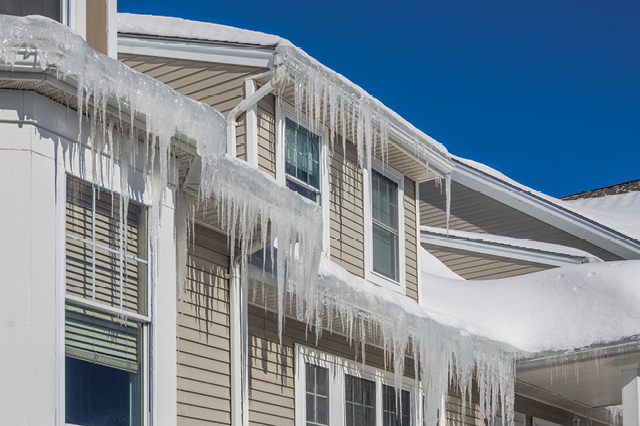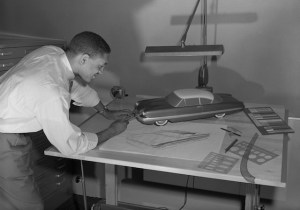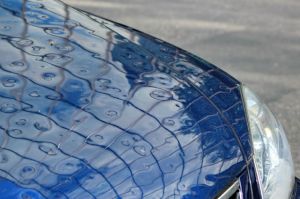Winter is here, and in the Northeast that means higher heating bills and a greater chance that extreme cold and heavy snow will give your home the kind of reality check that will ruin your weekend – or longer!
Fortunately, you can prepare your home to get through the worst of the winter weather without wiping out your savings.
Here are some last-minute ways to winterize your home.
Your Home
1. One common issue homeowners face in winter is ice damming. Caused by snow melting on a warm roof, ice damming occurs when water runs down and freezes at the eaves. As the dams melt, they can leave water pools that can seep into your home and cause water damage. Seal any place where air might leak between your house and attic space. You can also add or increase insulation in your ceiling or roof, so that warm air doesn’t escape and cause snow to melt.
2. Insulating hot water pipes can warm the water by 2 to 4 degrees, resulting in lower heating bills, according to the U.S. Department of Energy. The insulation, which is available in pre-slit foam pieces, will also help prevent the pipes from bursting on extremely cold nights.
3. Air leaks around doors and windows can waste as much as 30 percent of your energy use. Door draft stoppers, weather stripping or rolled-up towels can help keep the cold air outside.
4. Trim back tree branches if they’re too close to your home or hang over your driveway. When snow or ice accumulates, it can snap the branches and send them tumbling onto your home or vehicle.
5. Bring in a professional to inspect your furnace and heating ducts. This expert will likely do a safety check, clean the air filters and motor, and make sure all parts are working properly. If you need a new furnace, federal tax credits may help cover some of the cost.
6. Make sure any water pipes connected to the outdoors are turned off and emptied of water. Otherwise, any excess water can freeze, expand and burst, possibly leading to costly damages.
7. To prevent potentially dangerous last-minute drives during snowstorms, make sure you have enough canned goods and other nonperishables stowed away.
Ask an Expert
“There are a lot of snowbirds in the Northeast, and not winterizing homes before heading south could mean burst pipes and flooded houses. The chances of loss are less if you install temperature, fire and burglar alarms and connect them with your smartphone.” says Laurie Conway, lead insurance agent at the AAA South Dennis, Mass. branch.
Look into insurance options. AAA.com/Insurance.
For more home improvement tips and tricks, visit AAA.com/Homeowners.












